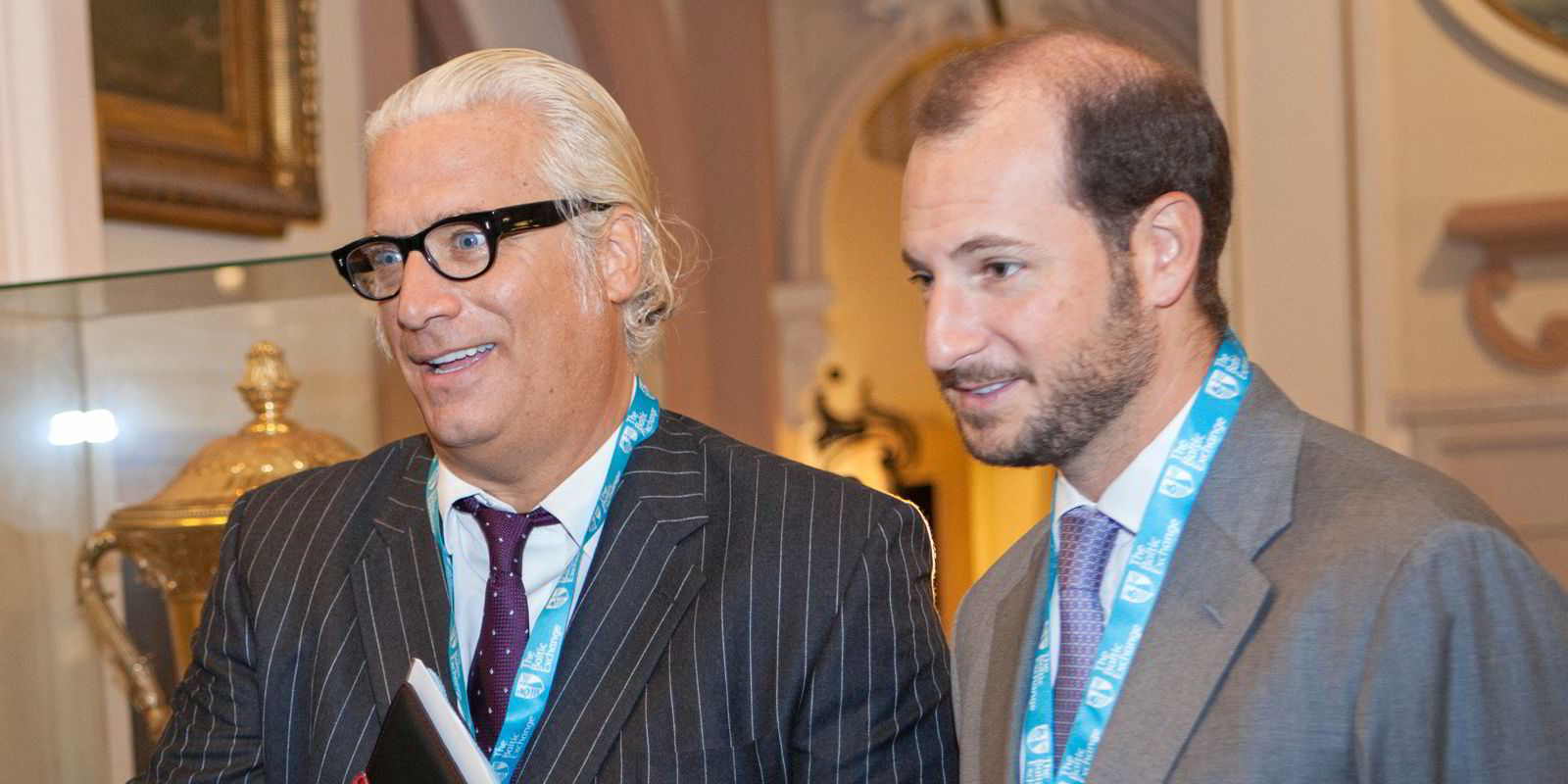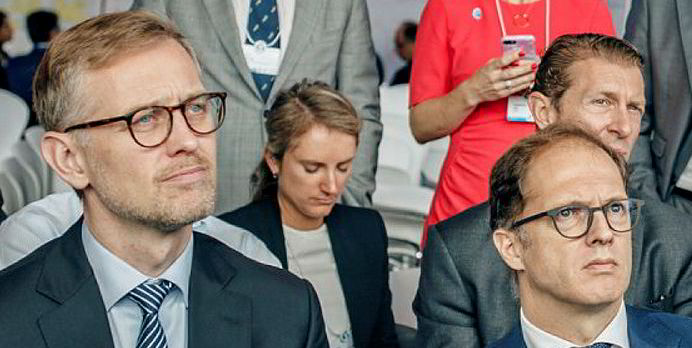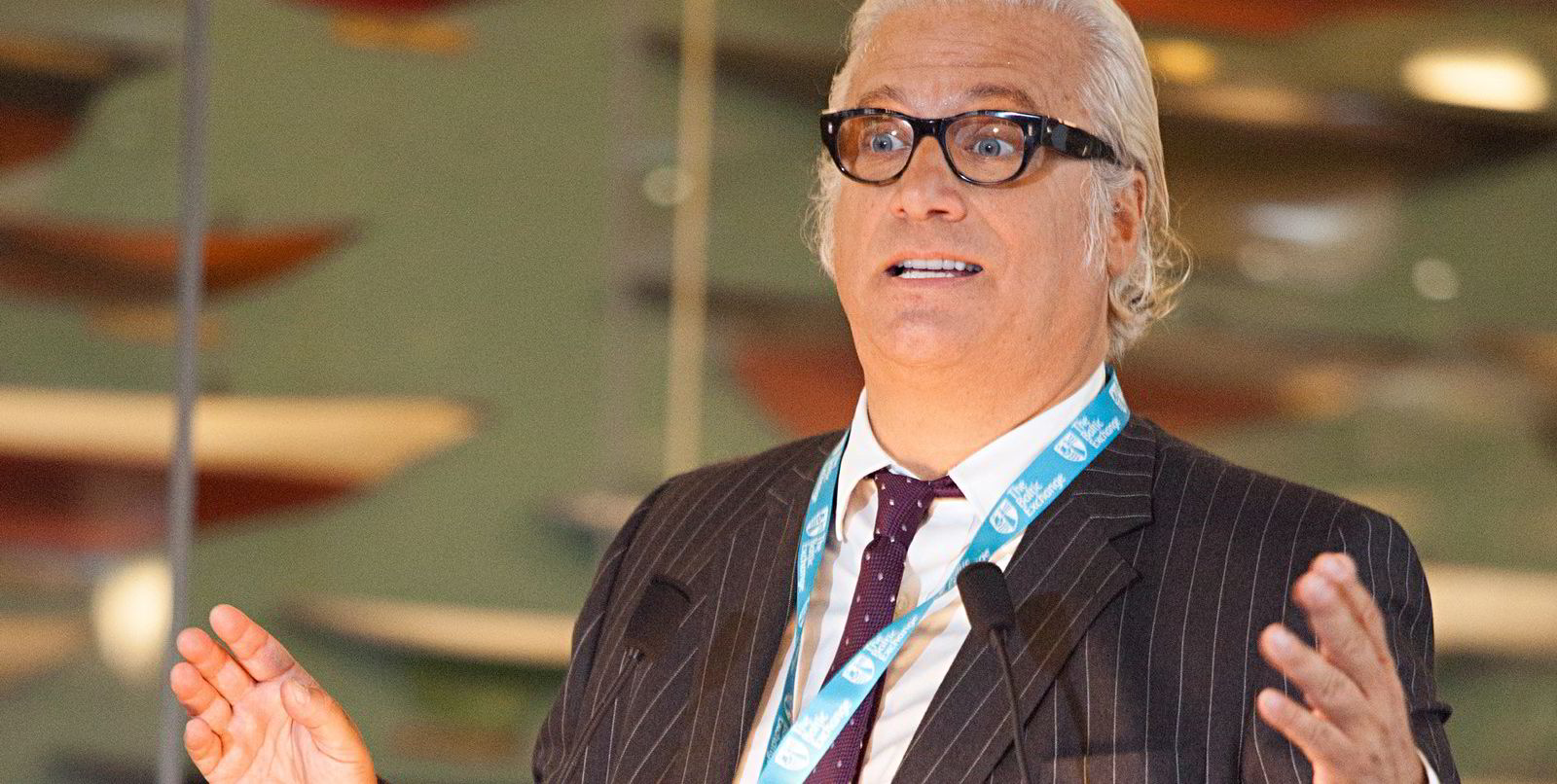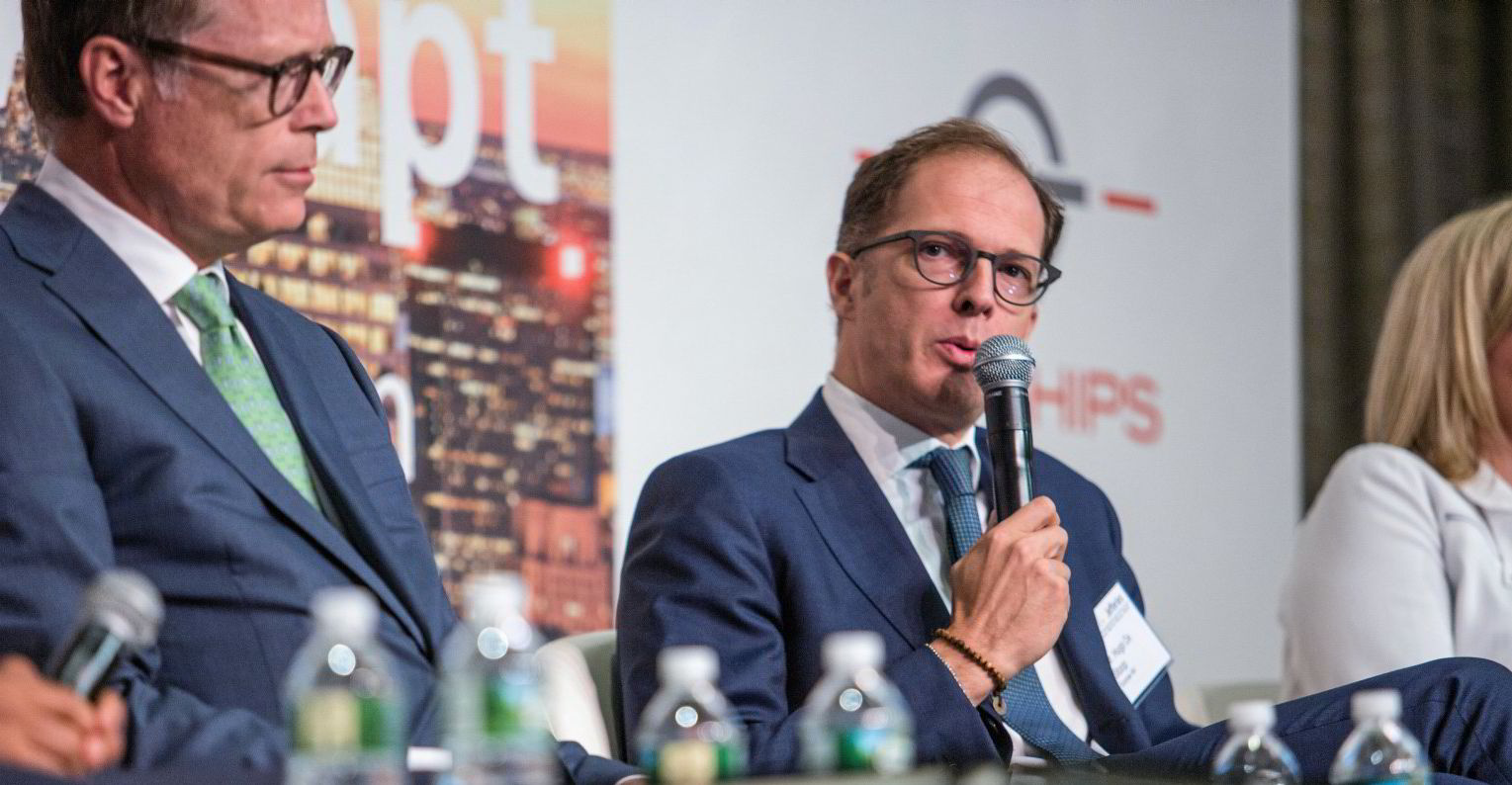Peter Georgiopoulos last knew life as a fully private shipowner in early 2001 as he put the finishing touches on an initial public offering for his first public company, General Maritime.
Georgiopoulos squeezed through a narrow initial public offering “window” for shipping in that June, with a $144m flotation on a fleet of 29 crude tankers — and there was no looking back.
The former investment banker won a reputation for his touch with public listings that would see him eventually lead five different listed companies in tankers, dry bulk and bunkering vessels.
If anyone knew public markets, it was “Peter G”.
So when Georgiopoulos returned to shipping last week with the acquisition of United Arab Chemical Carriers (UACC) following a two-year hiatus, his pointed remarks about preferably keeping the company private stood out.
It is true that the lure of a public listing has dimmed for some owners in recent years, perhaps partly because investors have assigned share prices lower than steel values and partly because they have been simply unavailable.
And it is also true that there are elements specific to UACC — the size of the 22-tanker fleet and its domicile in Dubai — that perhaps make it a less obvious public-markets candidate intrinsically.
Still, the words from Georgiopoulos and his business partner, long-time lieutenant Leo Vrondissis, also seemed to reflect disenchantment with the public game learned the hard way after many years in the fray.
“Look, I think there’s no value in being public right now,” Georgiopoulos told TradeWinds. “Most companies are trading at discounts to NAV [net asset value], plus it comes with a lot of headaches with shareholders and board members.
“So if we can manage it, the intention will be that we remain a private company."
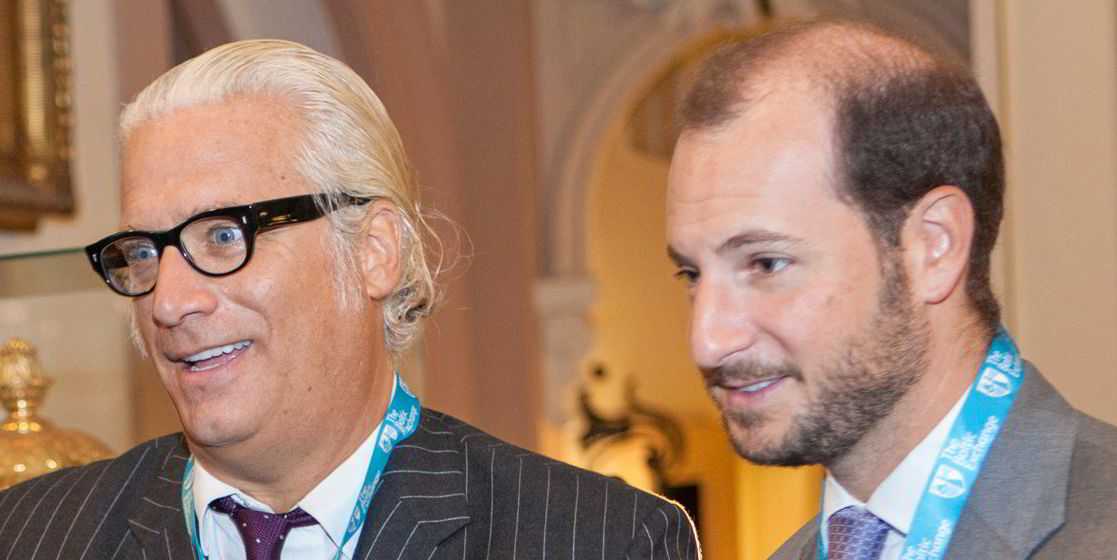
For perspective, Georgiopoulos not only launched one of the early New York shipping IPOs — there were only a handful of public owners when he floated Genmar — but also the last mainstream shipping IPO to succeed in New York: tanker owner Gener8 Maritime in June 2015.
But that hard-fought listing never traded especially well afterwards, certainly a factor in its eventual acquisition by Belgium’s Euronav in 2018.
By 2016, Georgiopoulos was expressing his frustration with how public shipping shares were trading, in a keynote address at a TradeWinds Shipowners Forum in New York.
He argued then that slumping share values were more attributable to investors’ misunderstanding of the sector than to mismanagement by company executive teams.
As it turns out, Gener8’s trading problems were not fixed by the Euronav acquisition, they were essentially transferred.
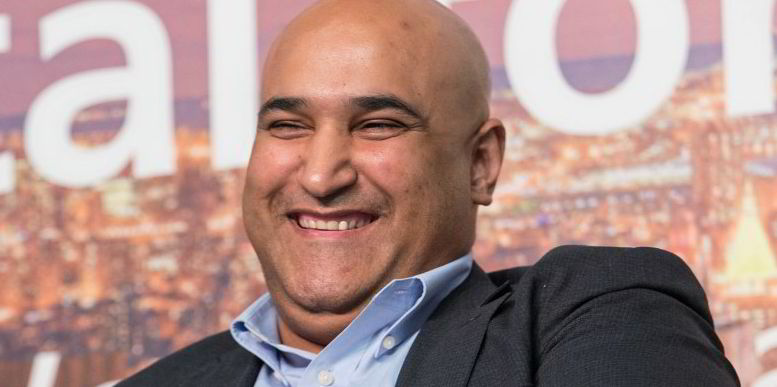
The deal helped Euronav continue building into what is generally considered the bellwether of the crude tanker market with a fleet of 64, a fortress balance sheet and a highly respected management team.
The reward from investors: Euronav was trading at 63% of its NAV at year’s end, according to figures from investment bank Jefferies, placing it sixth among the 10 tanker owners under its coverage.
It is the sort of discount that prompted Deutsche Bank analyst Amit Mehrotra to urge Euronav to consider going private last May.
“Why are you paying $4m or $5m or $6m or whatever the number is each year to be a public company when you’re getting no benefit from it?” he asked.
Euronav chief executive Hugo De Stoop had an answer to that in November, telling Mehrotra that the company never could have pulled off $1bn acquisitions of the Maersk and Gener8 VLCC fleets without shares that were then trading above NAV.
Similarly, it can be noted that Georgiopoulos used his public listing in building Genmar and then Gener8 through fleet acquisitions of Arlington Tankers, Scorpio Tankers, Navig8 Crude Tankers and others over the years.
But Vrondissis sounded a little like Mehrotra in his own take on the private-public question in an interview with TradeWinds.
“At the end of the day, we have the skillset to go public if we need to, but there has to be some benefit to going public,” he said.
“With most companies trading under NAV and low shares turnover, it’s not the halcyon days of yesteryear. If we couldn’t make it work with the Euronav-Gener8 merger, as that stock is not being treated fairly, what are the hopes for a smaller company?”
